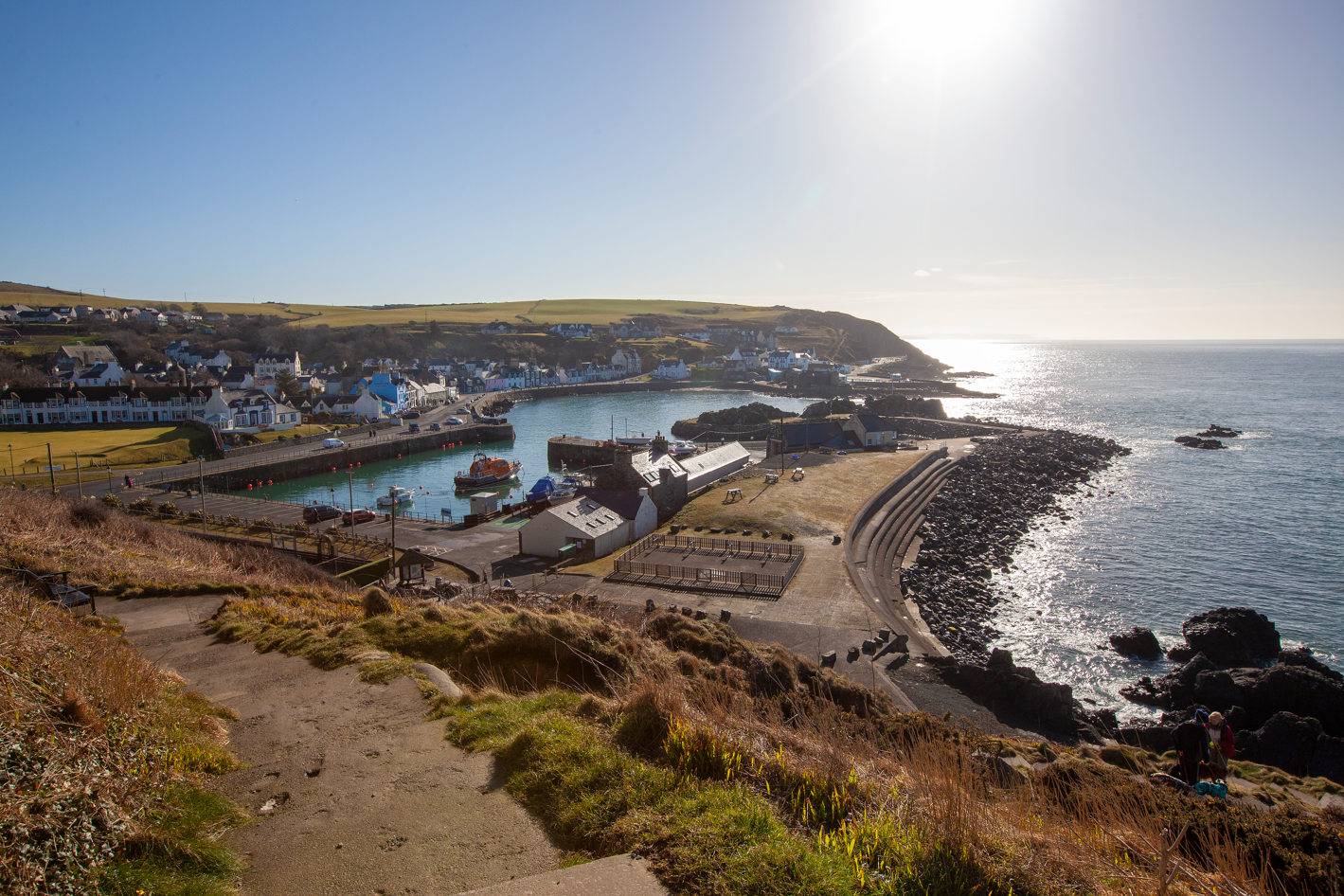Guest Blog: Low Carbon Days Out 2050X Fund
Outline of the project: Low Carbon Days Out
The Galloway and Southern Ayrshire Biosphere Partnership has launched its latest initiative to promote environmentally friendly leisure and tourism in southwest Scotland. Low Carbon Days Out is a series of guides designed to encourage locals and visitors to explore the UNESCO Biosphere in the most sustainable ways. Created for the eco-conscious explorer, Low Carbon Days Out challenge the notion that leisure-time fun requires extensive car travel, and provides as an alternative a wide range of adventures by bus, bicycle, and rail. The Galloway & Southern Ayrshire Biosphere covers almost 9,800km² of land and sea. It was the first in Scotland and is part of a family of over 740 UNESCO Biospheres worldwide.
Project Support Officer Matthew McCulloch led the development of Low Carbon Days Out and emphasizes the projects focus on sustainability. “Our UNESCO Biosphere is recognised worldwide as a place where people can connect with nature and heritage, whether they live here or are just visiting for a while. As an organisation, we are very much focused on ways that we can protect the special attributes of this region while sharing these with a global audience of potential visitors. It’s an exciting time to be engaged in this work as more and more people look for more sustainable ways to spend their free time. Low Carbon Days Out are a response to these individual and collective goals for leisure and tourism, helping people create magical memories while understanding more about what positive impacts look like for our landscapes, wildlife and communities.”
Matthews reflections
What was the process?
As my first project that fully involved me taking the lead in all aspects, it has been a great learning experience, and I think I’ve learnt a lot of new skills along the way. Handling a project that has involved not only a lot of background planning on my part, but also working in with designers’ and printers' schedules has had its challenges, but the skills I’ve developed in budgeting, time management and organisation have helped me gain the confidence to develop and lead more projects like this in the future.
What were the challenges?
The project has had a few challenges along the way. The main challenge was timescales, as a lot of the project, notably the design work, was out of my hands, and therefore the timescales I had initially anticipated did change. I’ve learnt that things will often take longer than expected, and therefore would allow more breathing room in future projects for any delays.
What difference has it made?
As a more long-term project, measuring the success of Low Carbon Days Out will be a longer project. I hope to see a strong take-up of the leaflets from the tourist information sites that they’re distributed at, and even through the process of development, I’ve found people have been interested and surprised by the possibilities available through public transport. Hopefully, this will translate to more people choosing to travel in a more sustainable way. We’ve also made good contacts with transport providers, particularly Scotrail, who are onboard with the aims of the project and are also keen to explore how we can promote sustainable travel in the region. This is a developing relationship, but I am optimistic about the opportunities for promotion and collaboration going forward.
Front of the different Low Carbon Days Out flyers
How did the 2050 Climate Group help achieve this?
2050 Climate Group were crucial in helping this project get off the ground. It had been an idea we had been developing for a while, but achieving the grant funding allowed us to expand the project and launch sooner than originally planned. By combining the 2050 grant and allocated funding from my employer, the Galloway and Southern Ayrshire Biosphere Partnership, I was able to widen the scope of the original idea, be more creative in production and promotion, and get the reach and distribution that a project like this needs to be successful. The 2050 Climate Group’s support, both financially and in backing the idea, has been instrumental in developing a fantastic resource to help people travel more sustainably in the southwest of Scotland.









